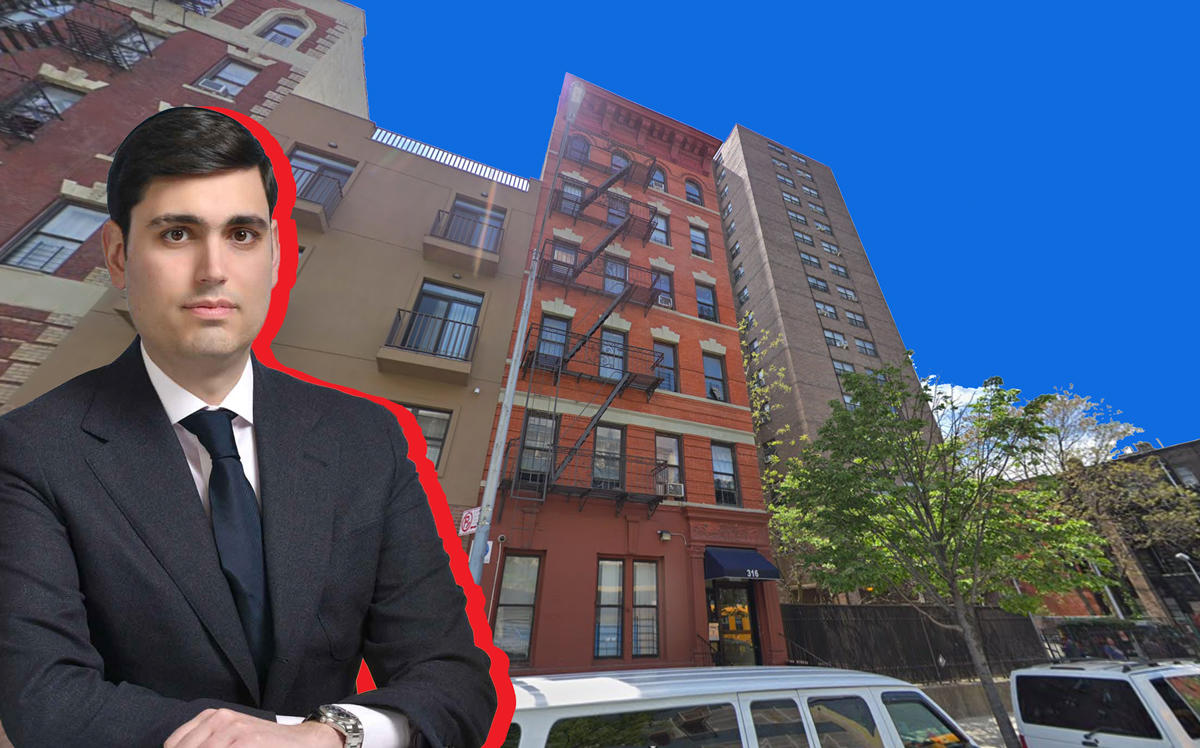Trending
Kassirer’s refinances another Harlem multifamily portfolio
Debt includes $44M gap mortgage

Another day, another refinancing of a Harlem multifamily portfolio owned by Isaac Kassirer’s Emerald Equity Group.
The real estate firm landed roughly $90 million from LoanCore Capital to refinance nine apartment buildings along 117th Street between First and Park avenues, according to public records recently filed with the city’s Department of Finance.
The deal includes a $44 million gap mortgage and a $4 million building loan. The financing replaces previous debt from New York Community Bank.
Emerald Equity and LoanCore, the Greenwich, Connecticut-based financing vehicle that is controlled by Singapore’s sovereign-wealth fund GIC and the Canadian Pension Plan Investment Board, did not return requests for comment.
The addresses are: 316 East 117th Street, 244 East 117 Street, 235 East 117 Street, 322 East 117 Street, 326 East 117 Street, 215 East 117 Street, 231 East 117 Street, 136 East 117 Street and 1661 Park Avenue.
Emerald Equity last week refinanced another of its Harlem multifamily portfolios with Freddie Mac. The $189 million refinancing of the 47-building Dawnay Day portfolio marked the largest deal in the history of Freddie Mac’s small balance loan program.
The Dawnay Day transaction topped another Freddie Mac loan Emerald Equity locked down in 2017, a $129 million refinancing of a 38-building Bronx multifamily portfolio that, at the time, also was the largest for the agency’s SBL program.
As for LoanCore, an affiliate of the asset manager last year brought a $1.1 billion commercial real estate collateralized loan obligation to the market, secured by 33 properties in a range of sectors. The deal helped to signal that this form of securitization, akin to the CDOs that got a bad name during the financial crisis, is back, Bloomberg reported.




